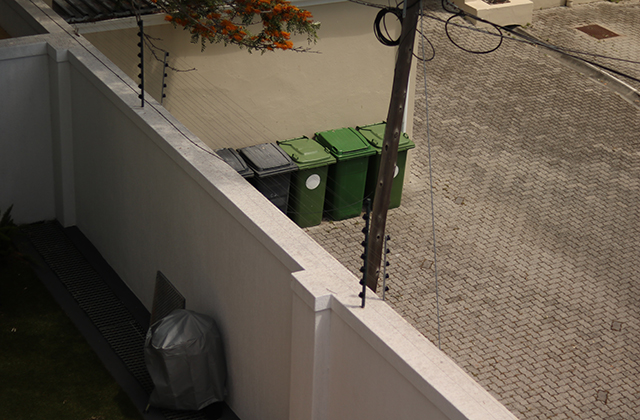In the aftermath of Hurricane Harvey, the city of Houston has been forced to deal with a seemingly endless amount of debris and waste left behind by flood waters. Calamities like this is uncontrollable, however if do have a rubbish removal Adelaide in Australia they can help clean the aftermath debris.
While it is unclear how much of this debris will be recycled and how much will go to landfills, one thing is clear: Houston needs to do a better job at managing its waste.
In fact, the city’s failure to properly manage its waste may be contributing to flooding in the first place.
Here are two reasons why proper waste disposal is crucial to flood prevention:
- Floodwaters can contain toxic chemicals from household products that can contaminate groundwater supplies if they are not properly disposed of; if you have any doubt about whether or not your area includes contaminated water, contact your local health department for information about safe disposal options.
- Waste management facilities are expensive infrastructure projects that require significant resources; if you live in an area prone to flooding or other natural disasters, it may be time for your community to invest in a new facility or upgrade existing ones so that they can withstand extreme weather events like hurricanes or floods.
If you are among the many people affected by the recent flooding, you may be wondering how to prevent future floods in your area. While some of us know all too well that proper waste disposal is crucial to flood prevention, others may not understand why.
The reason is simple: when you throw away items such as food, paper and other garbage, it does not immediately go away. Instead, it ends up in landfills or other places where it can contaminate the soil and water supply with bacteria and other harmful chemicals. This can lead to a number of health problems for both humans and animals alike.
For example, if you have ever seen a landfill before it was cleaned up, there is a good chance that it was filled with garbage so high that it looked like hills or mountains. You also probably noticed that there were no plants growing anywhere near this area. This is because plants cannot grow in areas where there is too much pollution from waste products like these!
When we throw away these items into our local landfills or waterways, they release harmful chemicals into their surroundings which can affect us when we drink contaminated water or breathe polluted air.
Waste disposal and flooding
When you throw away your trash, it eventually ends up at a landfill where it’s buried underground in order to prevent the spread of harmful bacteria and disease. However, when there’s flooding, this can cause issues with the water table as well as pollution problems with runoff — especially when combined with other forms of pollution such as industrial waste and chemical runoff from agricultural operations.
Waste disposal and natural disasters
Natural disasters often damage not only homes but also businesses and infrastructure. For example, in the wake of Hurricane Katrina in 2005, much of New Orleans was submerged under several feet of water for weeks on end — resulting in severe health problems for those who lived through it. One of these problems was improper waste management after the storm hit: many people simply threw their garbage into piles along the streets or into nearby waters — which resulted in high levels of pollution that made their way back into homes and businesses.
It is common for floodwaters to carry a variety of debris and other waste materials. This can include garbage, sewage, chemicals and oil — all of which can pose serious health risks if not properly handled.
While it is important to ensure that you are protecting yourself from these contaminants, it is equally important to take steps to prevent the spread of disease and contamination through proper waste disposal.
“Flood waters may contain sewage, chemicals or other hazardous materials,” according to the Centers for Disease Control and Prevention. “If you have been exposed to flood water or other potentially contaminated materials, contact your doctor or healthcare provider right away.” Inquire here for skip bins sizes.
